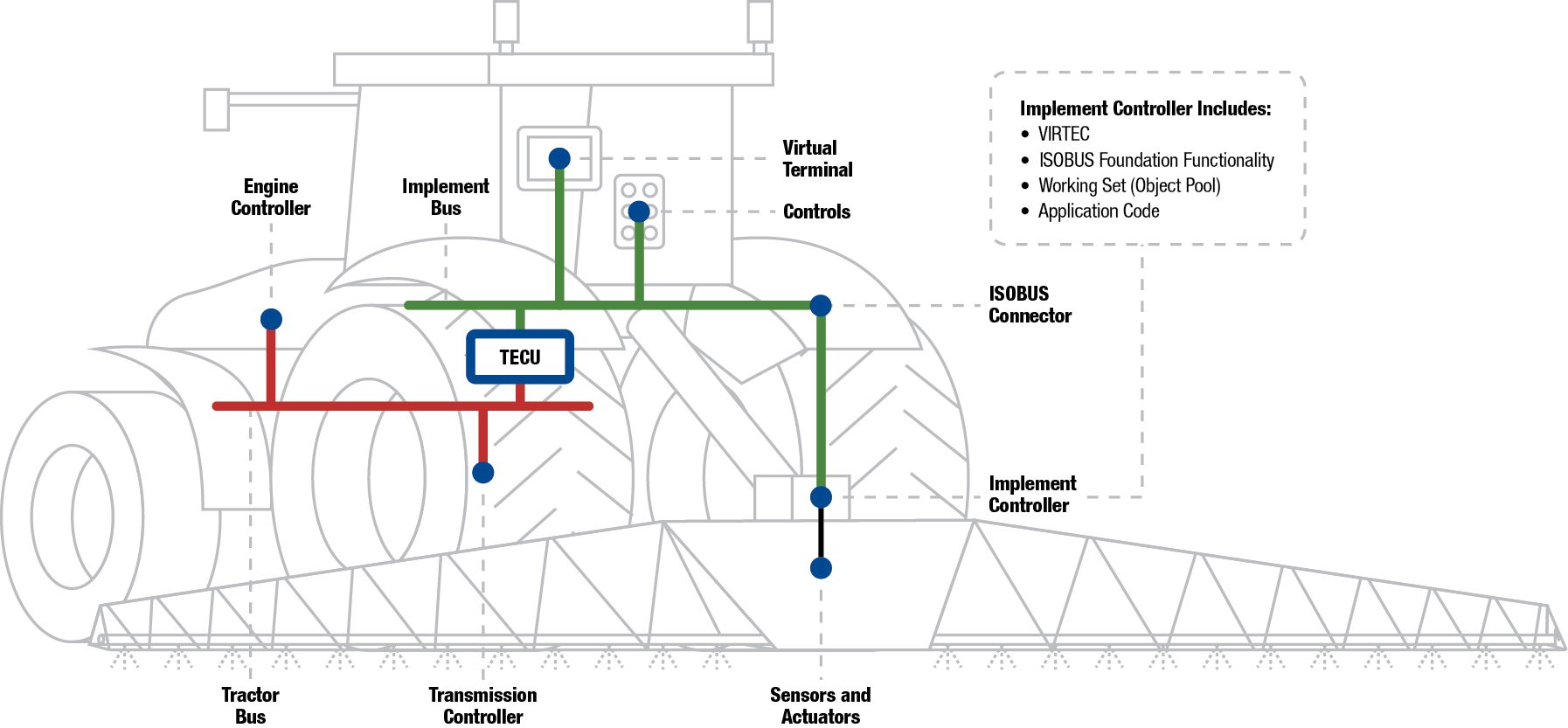Does anyone walk beans anymore? Early in my life, my dad’s three favorite herbicides for beans were my sister, my brother, and me. We spent many hours walking miles in the hot summer sun and learned many interesting plant names in the process: hemp dogbane, pigweed, velvetleaf, lambsquarter. Over the years it apparently became more economical to plant the beans closer together which made walking them nigh impossible, and my job morphed from walking the beans to driving the truck with the water and herbicides for filling the sprayer. Since I am less involved with the farm these days, I no longer know the costs of various chemicals, but I know even in the mid-90s that a small canister might go for $400. With inflation and the increased costs of raw materials, I am sure some of the chemicals are even higher cost now.

Every dollar saved in spray (or seed or fuel or …) is a dollar toward the bottom line profit, so naturally as these input costs go up the motivation to reduce waste of those inputs goes up. Technology has existed for quite some time to give farmers the ability to reduce waste with variable-rate-application and section control. But what has only more recently become available is the ability to integrate various manufacturers’ equipment together to achieve these technologies using ISOBUS. ISOBUS terminals have become increasingly common in tractor cabs to offer a nice GUI to the operator to manually control implements. With ISOBUS Task Controller, a single device in the cab can control the variable-rate or section control capabilities of an implement. Task Controller has the additional capability of recording data … either total data such as for a baler, or Geo-logged data as the implement is pulled through a field.
The Task Controller specification lays out three primary components: 1) the Task Controller itself – often part of an ISOBUS terminal; 2) the implement ECUs; 3) and the FMIS – Farm Management Information System. The FMIS is the PC (or tablet or cloud) application that allows a farmer to create Tasks which include variable-rate information, or field maps, or other inputs. It also allows a completed task to be loaded to the PC after operating in the field to see coverage or skips, GPS-logged data, or interesting notes from operators. So Task Controller covers a lot of ground – from precision farming to big data to automation. And since Task Controller very well might reduce the need for manual labor walking beans, we might also be able to credit it with reducing sunburns and heat stroke of the next generation of potential ag-electronics engineers.

